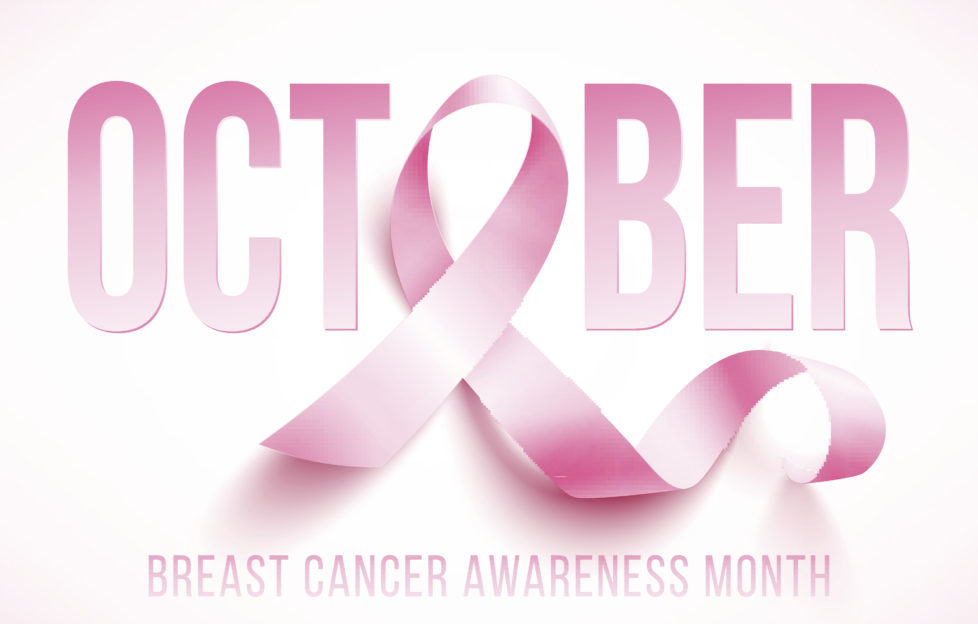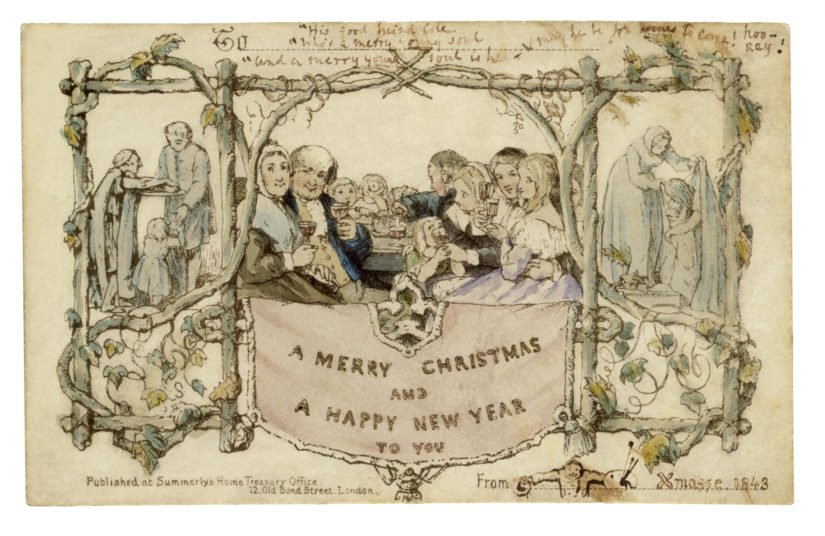
October is Breast Cancer Awareness month.
One in eight women in the UK will develop breast cancer at some stage, making it the most common cancer in women in the UK. Over 55,000 women are diagnosed every year – that’s one person every ten minutes. And although breast cancer in men is rare, it still affects around 390 men annually.
Checking your breasts regularly is the best way to spot any changes.
How to check your breasts
What’s most important is to get to know how your breasts normally look and feel, then you’ll know what’s normal for you and it’ll be easier to spot any changes. Checking them regularly means you can flag up any concerns more quickly.
It’s often easiest to check when you’re in the bath or shower, with soapy hands. Check on, around and under each breast, under each armpit, and up as far as your collarbone.
What are possible signs of breast cancer?
Signs to watch out for in your breast include:
*a lump, which feels thicker than the rest of your breast
*changes in skin texture, such as puckering or dimpling of the skin (which looks like orange peel)
*a change in one breast’s size or shape
*constant pain in one breast or armpit
*swelling in the armpit or around the collarbone.
Signs in your nipple include:
*a nipple changing shape or position, looking ‘pulled in’, or turning inward
*liquid that leaks from a nipple without squeezing
*redness or rash on the skin and/or around the nipple.
When to see your GP
If you notice any of these signs or are concerned about anything different, please make an appointment with your GP. It’s best to address any worries quickly, but do bear in mind that breast lumps and pain are often harmless.
According to Cancer Research UK, cancer that’s diagnosed early is more likely to be treated successfully. And Breast Cancer Care – www.breastcancercare.org.uk – remind us that breast cancer survival rates are improving and have doubled in the last forty years in the UK. Almost nine in every ten women now survive breast cancer for five years or more.
Remember you can ask to see a female doctor, if one’s available, and a friend or relative can come to your appointment with you.
Preventing breast cancer
Not all cancers are preventable, but you can lessen the risk by limiting your alcohol intake and drinking sensibly, stopping smoking, maintaining a healthy weight, and taking regular exercise. Try to eat more fresh fruit and veg and cut down on processed food; keep an eye on your saturated fats intake, too – which includes meat products, cheese, butter, biscuits and cakes, and lard. A healthy diet and regular exercise will also protect you against heart disease and diabetes.




